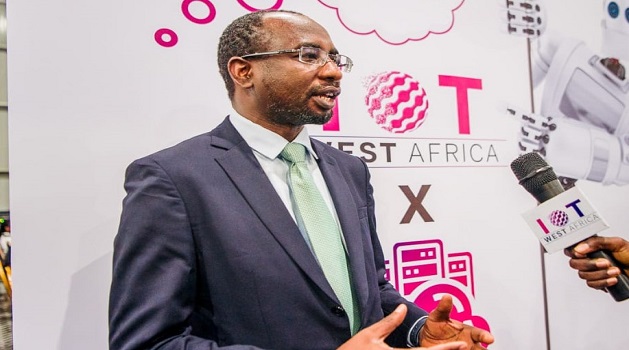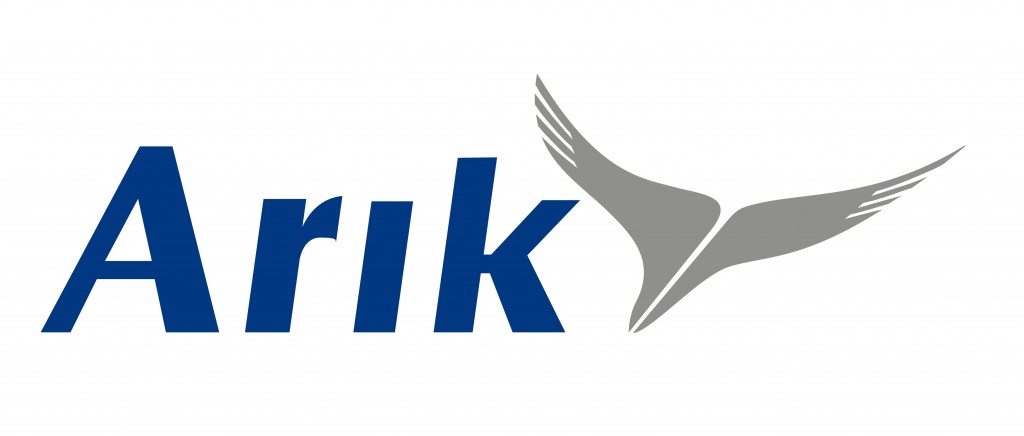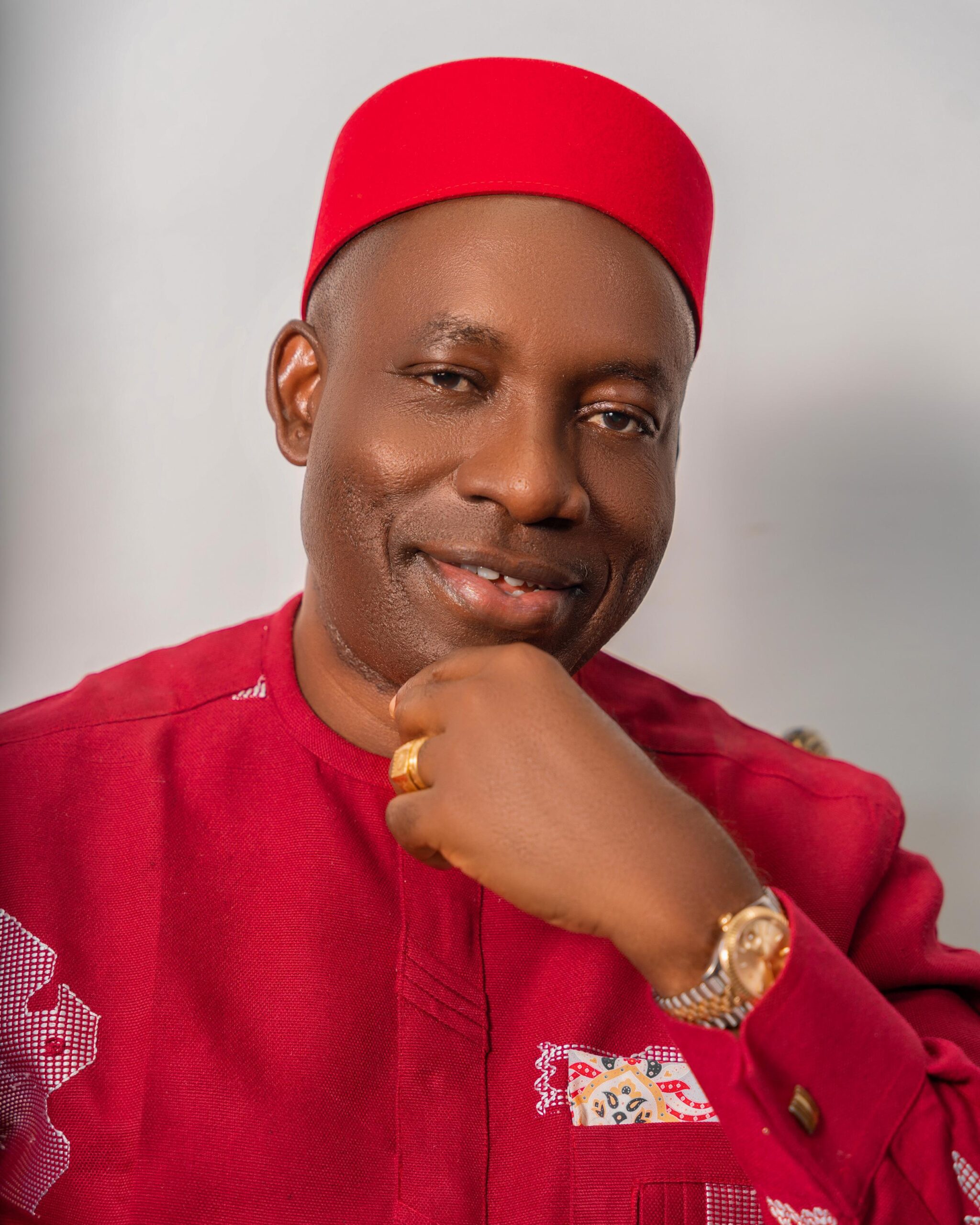News
NITDA DG Calls for Collaboration to Unlock Nigeria’s IoT Potential

In a bid to implement the Digital Transformation pillar of Strategic Road Map and Action Plan (SRAP 2021-2024) of the National Information Technology Development Agency (NITDA), Kashifu Inuwa, CCIE, the Agency’s Director General, has emphasised the need for collaboration to unlock Nigeria’s potential in the realm of Internet of Things (IoT) and it’s revolutionary impact on the country’s digital ecosystem.

Inuwa made this plea while delivering his keynote address at the IoT West Africa Conference and Exhibition 2023 in Lagos State.
The DG noted some challenges that need unlocking in order to access the potentials of IoT, especially infrastructure, cyber security, and data protection, stating that most IoT use cloud-based solutions — Alexa, Google, and others.
Inuwa said today’s computer systems are outperforming humans in many endeavours, especially the rise of generative AI, chat GPT, etc, and that is the fabric of the shift humanity is witnessing in accelerating the convergence between physical, biological, and digital world.
Referring to a McKinsey report, Inuwa said that by 2030, IoT has the capacity to generate between 5.5 to 12.6 trillion US dollars in value across different industries. Citing the exponential growth of connected devices, he pointed out that the number of connected devices now exceeds the global population, as reported by Cisco.
“Looking at the areas you can apply them, such as the area of agriculture, we need to increase our agri-products, and IoT can help us to do that with lesser human efforts,” he said.
He explained further that there are wearable plant sensors at the moment, which is one of the top technologies in 2023.
The NITDA boss hinted that farmers can have a sensor attached to their plant to manage its health, watering, fertilizer, pesticides, and this would invariably enhance the increase of food produce.
He said, “According to World Economic Forum, there is need to increase the global food production by 70% in the next seven years to address food security”.
Inuwa then opined that Nigeria, with its population growth rate, need to do more than any other country, “because we are growing faster than any country in the world.”.
He asserted that by 2050, Nigeria will be the third largest population in the world, therefore, there is need to explore how we can use IoT to increase the country’s food production.
He said IoT can be used to automate farms in the area of precision agriculture, soil moisture, watering, and many other functions within the farm.
In addition to agriculture, the NITDA Director General discussed the role of IoT in addressing security challenges, as IoT devices can monitor activities, movement patterns, and even enable geofencing to prevent incidents such as farmer-herder conflicts and kidnapping.
The DG emphasised that IoT could be utilised to enhance oil theft prevention by monitoring pipelines and sending alerts for quick security response.
He added that, “Today, most wearable IoT devices monitor the heartbeats, blood pressure which is also useful to medical practitioners in providing information for telemedicine and helps people with disabilities or the senior citizens as first point of health consultancy,” he said.
“We don’t have locally manufactured IoT devices, we need to build infrastructure, like data centers, cloud solution where we can put our IoT data,” he urged.
Inuwa advised that there is also the need to develop the talent within the country to enable digital sovereignty for the nation to gain independence of digital offerings.
“We need to build a tailor-made solution that will address our challenges, harness indigenous talents to promote IoT solutions, and this requires the collective efforts of the government, private sectors and all stakeholders.”
“We need you, the ecosystem, to do it because our approach today is no more government sitting in the office using armchair theory to come up with policies or regulations, we work with you, the ecosystem, to co-create whatever we do,” he concluded.
News
EFCC Witness Admits Writing Off Arik Air’s $2.3M Debt Amid N76Bn Fraud Trial


News
Anambra Shines in 2025 E-Governance Rankings, Setting National Standards

Anambra State has once again demonstrated its leadership in digital transformation, emerging as one of Nigeria’s top three states in the 2025 e-Governance Report published by the Panorama CIAPS Governance Performance Index (CGPI).

According to the report — a collaborative effort between Nigerian Panorama and the Commonwealth Institute of Advanced Professional Studies (CIAPS) — Anambra ranks alongside Lagos and Enugu as the leading states in adopting and implementing e-governance practices that foster accountability, transparency, and improved service delivery.
In his remarks, Professor Anthony Kila, Director of CIAPS, emphasized the importance of e-governance in shaping how governments interact with citizens. “The centrality of e-governance allows us to assess the performance of state governments in the country. How the government treats the digital world says a lot about them,” he said.
The report evaluated states based on a comprehensive set of criteria, including website security, up-to-date content, public engagement, availability of online services, policy updates, and user accessibility. Anambra’s performance reflects the state’s deliberate investment in digital infrastructure and its commitment to leveraging technology as a tool for inclusive governance.
Reacting to the recognition, the Managing Director/CEO of the Anambra State ICT Agency, Chukwuemeka Fred Agbata, CFA, described the report as a welcome validation of the efforts being made under the leadership of Prof. Charles Chukwuma Soludo, CFR, to reposition Anambra as a liveable and prosperous smart mega-city.
“This is not just about being tech-savvy,” Agbata said. “It’s about using digital tools to create real impact — making the government more accessible, responsive, and transparent. Anambra is building a digital future that works for everyone.”
The CGPI Report recommended that all states intensify efforts to train public servants, maintain digital platforms effectively, and build user-friendly systems that keep citizens informed and empowered. For Anambra, this recognition serves both as a milestone and a motivation to scale new heights.
As the journey continues, Anambra remains focused on setting the pace for e-governance in Nigeria in line with the Governor’s mantra of Everything Technology & Technology Everywhere.
News
SERAP Urges National Assembly to Reject Tinubu’s $24Bn Loan Request Over Debt Concerns

Socio-Economic Rights and Accountability Project (SERAP) has urged the National Assembly to reject the Tinubu administration’s request to borrow $24 billion, warning that the move would significantly deepen Nigeria’s debt crisis.

In a statement posted on its official X account, the advocacy group warned that the proposed borrowing would raise Nigeria’s total debt stock to an estimated ₦183 trillion—an amount it described as “clearly not sustainable and not in the public interest.”
“The National Assembly must immediately refuse to approve the Tinubu administration’s request to borrow $24 billion,” the group said. “The growing national debt is not sustainable and not in the public interest.”
SERAP expressed concern over the heavy burden of debt servicing, which it said is already consuming a substantial portion of government revenue, leaving little room for critical public investment.
Nigeria’s total public debt is projected to surpass ₦180 trillion following the president’s latest loan request. The borrowing plan includes a proposal for over $21.5 billion in external loans, which equates to ₦33.39 trillion at the official exchange rate of ₦1,590 per dollar. The administration is also seeking approval for a domestic bond issuance worth ₦757.9 billion to settle outstanding pension liabilities.
President Tinubu said the 2025–2026 borrowing plan targets key sectors such as infrastructure, healthcare, education, water supply, security, and employment generation. He noted that the plan is also intended to cushion the economic impact of fuel subsidy removal.
The total loan request comprises $21.5 billion, €2.19 billion, and 15 billion Japanese Yen, alongside a €65 million grant. Tinubu assured lawmakers that the funds would be directed toward development projects across all 36 states and the Federal Capital Territory, with emphasis on rail networks, healthcare infrastructure, and poverty alleviation programs.
On pension-related borrowing, the president explained that the proposed bond issuance is aimed at clearing backlogs under the Contributory Pension Scheme. The measure, he added, has already received approval from the Federal Executive Council and is expected to improve retirees’ welfare, restore trust in the pension system, and inject liquidity into the economy.
Nigeria’s public debt has surged in recent years, rising by 48.6% in 2024 to ₦144.66 trillion—up from ₦97.34 trillion in 2023. The Federal Government accounts for 95% of that total.

 E-Financial3 days ago
E-Financial3 days agoEFCC Recovers over N20Bn Stolen by Hackers from 6 Banks in Nigeria

 Telecom3 days ago
Telecom3 days agoEngr. Ikechukwu Nnamani Receives Two Prestigious @ABoICT Awards

 E-Financial2 days ago
E-Financial2 days agoFidelity Bank Plc Wins 2025 DBN Innovation Award for MSME Support

 Telecom3 days ago
Telecom3 days agoFG to Deploy 80 Percent of 7000 Telecom Towers to North

 E-Business2 days ago
E-Business2 days agoNigeria Among Hotspots as Kaspersky Warns of Rising Ransomware Threat in Africa

 E-Financial3 days ago
E-Financial3 days agoPonzi Scheme Operators Risk N10m Penalty, Others- IST Chair

 News3 days ago
News3 days agoEFCC Recovers Funds, Arrests Suspects in N1.3 Trillion CBEX Crypto Fraud

 E-Financial3 days ago
E-Financial3 days agoUBA Launches *919# Advance Top-Up Feature for Instant Access to Customers



























